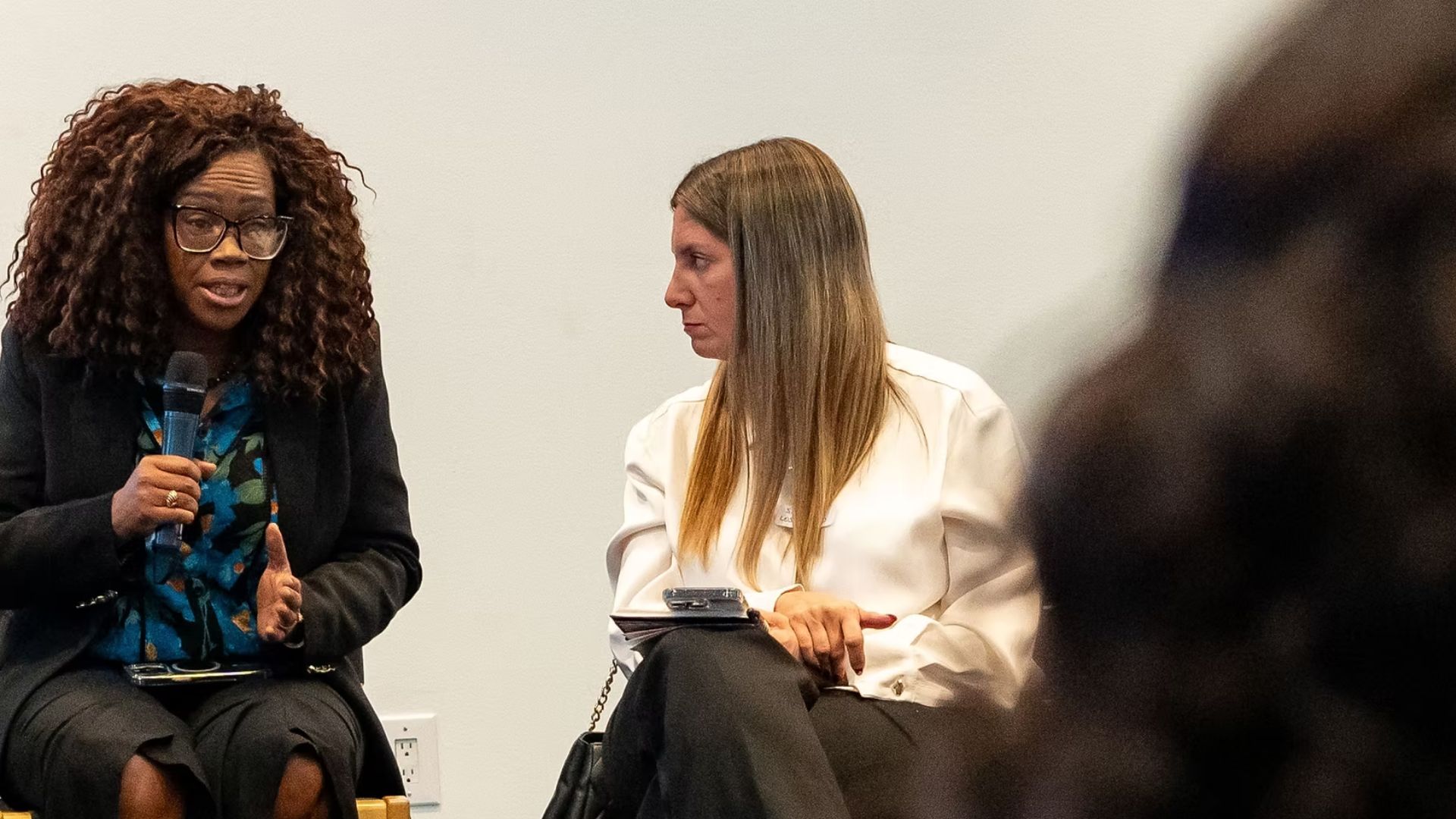Everyday sexism is a persistent obstacle for women in politics, from the campaign trail to the chambers of parliaments and councils. It shows up in off-hand remarks, undermines expertise, and reinforces outdated stereotypes – making it harder for women to lead, be heard, and stay visible in public life.
In this new series, leadership communications expert Amanda Gome AM shares her strategies for recognising and countering these pervasive behaviours, with practical tips drawn from her decades of experience.

About Amanda Gome AM
Amanda Gome helps leaders and organisations build profile, impact and influence through leadership communications, media and social media to change the word for the better. She also trains leaders and groups to recognise and counter every day sexism.
Awarded an AM in 2014 for significant services to women, media and business, Amanda is CEO of Notable Media and Vice President of Women’s Leadership Institute of Australia which supports Pathways to Politics.
Sexist jokes, demeaning remarks and insulting terms based on gender are the most frequently encountered form of everyday sexism, according to Champions of Change.
Recognise it!
In my view, insult as a joke can be the trickiest and most confusing form of everyday sexism. While an individual can be left feeling hurt and slighted, people are laughing.
Worse, the behaviour is excused with comments like “Oh that’s just how he talks.” “She didn’t mean any harm.” “That’s our culture.” Or, “Can’t you take a joke!”
Counter it!
- An excellent line to use: “What do you mean by that comment, because this is what it implies…”
- Don’t validate it by laughing, staying silent or making excuses
- If you miss the moment, don’t let it pass
- Tell the person it’s not funny, it’s hurtful and sexist as defined by Champions of Change.










